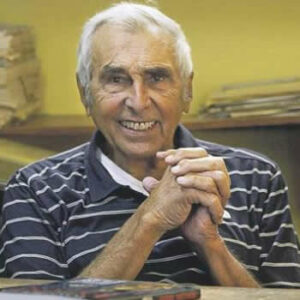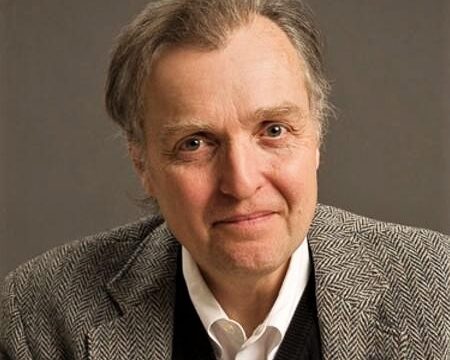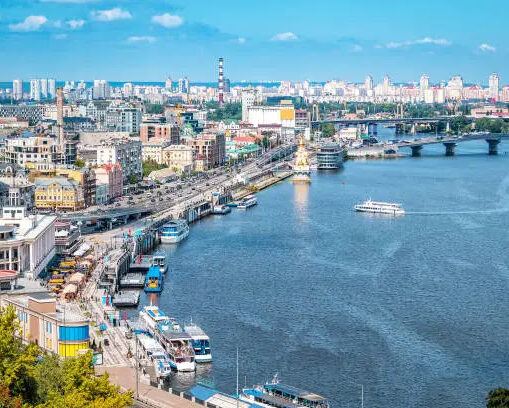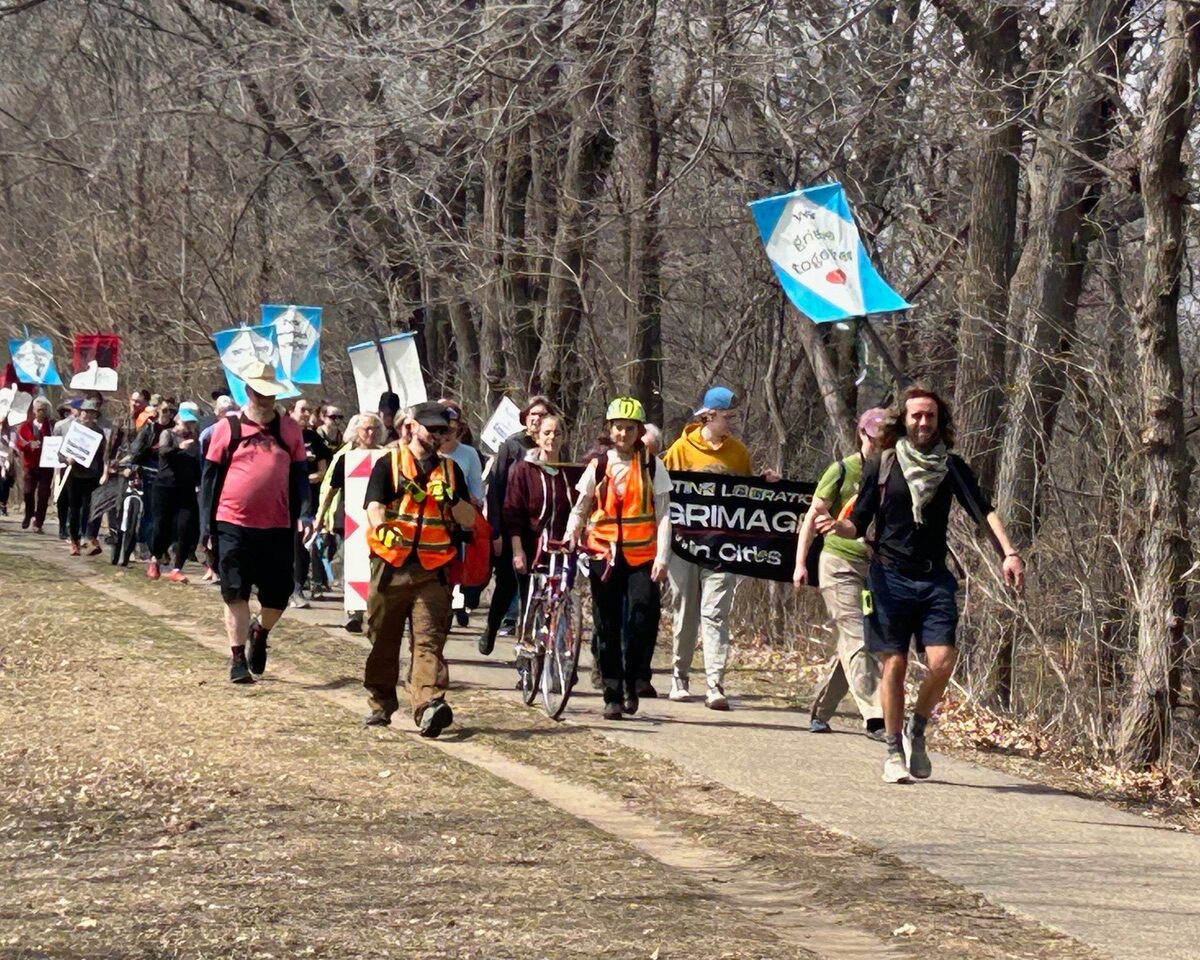
Tony Bouza
BY TONY BOUZA
History is a mischievous goddess. Accounts are transmitted to us by flawed and often biased observers, and we are compelled to view it as gospel.
In the trivial pursuit of a beknighted career, I was sometimes privileged to be a fly on the wall—observing events I otherwise had no right to attend. I continue to be bugged by the dissonances.
A scholar wrote a biography of Malcolm X that wasn’t just plain wrong but grotesquely so. I discussed this in a previous essay.
Why? Because the NYPD refused to open its files in service to a reflexive, mindless obsession with secrecy.
This identical instinct keeps the NYPD from revealing the factual names of those who participated in the frame-up of the Central Park Jogger Five.
But neither is our concern today.
Today’s menu centers on the Stonewall Riot of June 28, 1969. Yes, the 50th anniversary just passed.
Books and other tributes to this heroic—even epic—event abound.
It is all bullsh*t, hype, self-serving aggrandizement and fake history.
The truth is much more complex and—since there’s no one around to claim the credit—utterly without profit. Its only virtue is that it’s that precious, but elusive, factor—truth.
In 1965, John V. Lindsay was elected mayor of New York. He established a key aide to head the operations of the NYPD. All were liberals.
Well aware of the rampant homophobia of the Irish Catholic PD, the hierarchy decided that, rather than forbidding the arrests of gays in their bars for propositioning plainclothes cops, they’d drop the priority to last and abandon all practices that led to these arrests.
Nothing said. Nothing written. Classic benign neglect. Some orders or shifts can’t be written down or even explained. They are finessed.
The arrests stopped. Life went on. Not a single comment in 1966, 1967, 1968, and then came Stonewall.
The gays happily gathered in their bar. A deputy inspector of the NYPD hadn’t caught the message and launched the raid. The gays—by then used to their freedom—were outraged. A clash ensued—memorialized endlessly by the highly literate gay culture, which was happy to embrace its very own Alamo. Arrant nonsense.
An echo occurred in 1979 when I applied for the chief’s job here. The PD was regularly raiding gay bathhouses. The department was, as expected, homophobic. The gays were furious. The last raid—and it was a message to me—was on 2/10/80. I was sworn in on the 11th. My first act was to remove the vice commander—and his boss.
Nothing in writing—you couldn’t order cops not to enforce existing laws—I told the commanding officer that bathhouse raids were now at the bottom of the priority ladder, and that was that—forever.
And I have to add that this was the first event of my close association with one of the two genuinely great men I ever met—Donald Fraser. (The other was NYPD Police Commissioner Patrick V. Murphy—Oct. 1970 to May 1973. A brief but glorious reign.) The mayor and I proposed an ordinance, in the ’80s, stating that candidates for the police force could not be excluded because of sexual preference. Gays were institutionalized and came out. The republic survived. In fact, there wasn’t a peep of comment, nor was there discernible interest. Soon a gay person would be chief.
So, yes, Virginia, Stonewall did happen, but unsung heroes like Lindsay and Fraser are the true history.
Celebrating a victory for truth, beauty and justice ain’t gonna become a crime.
But history is a tough mistress too—as well as mischievous—and it insists on one simple quality—truth. Unfortunately, it is usually the winner’s truth. The ultimate irony is that the gay community couldn’t even recognize two of its great heroes—John Lindsay and Don Fraser. And, I really must add, Minnesota lost a great son when Fraser died, at 95, in June.






















